|
As the COVID-19 pandemic endures and the U.K. confronts a different, more transmissible strain of the virus, some have argued in favour of immunity passports that would allow whoever is immune to the coronavirus, either because they've been vaccinated or had the disease and recovered, to go about their daily lives with more freedom.
But there are also serious moral and ethical considerations when it comes to immunity passports, particularly if they enhance the inequities that the pandemic has so vividly laid bare.
Today in The Conversation Canada, Andrew Bailey, a philosophy professor at the University of Guelph, argues in favour of immunity passports. He outlines the pros and cons of immunity certification, but says society as a whole must figure out how to best implement COVID-19 passports instead of leaving it to the whims and demands of private businesses and citizens.
Also today:
Beginning tomorrow and continuing until New Year's Day, our daily newsletters will feature a review of the most memorable stories of 2020. You'll be hearing from our entire editorial team about the articles that resonated with them — and with you.
Regards,
|
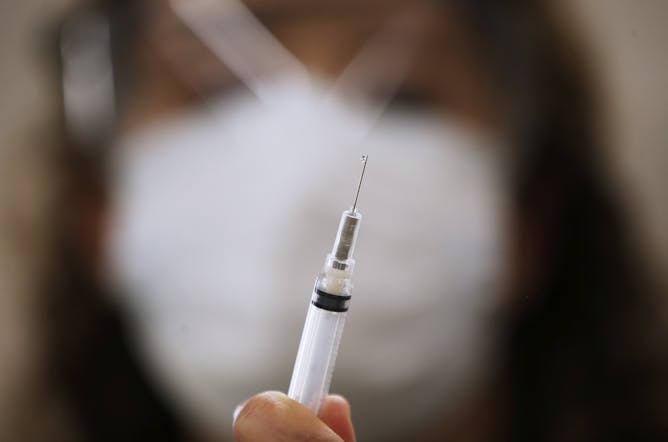
Are immunity passports an idea that we should be seriously considering?
THE CANADIAN PRESS/John Woods
Andrew Bailey, University of Guelph
Even though the idea had been rejected earlier in the COVID-19 pandemic, we need to rethink immunity passports. Here's why.
|
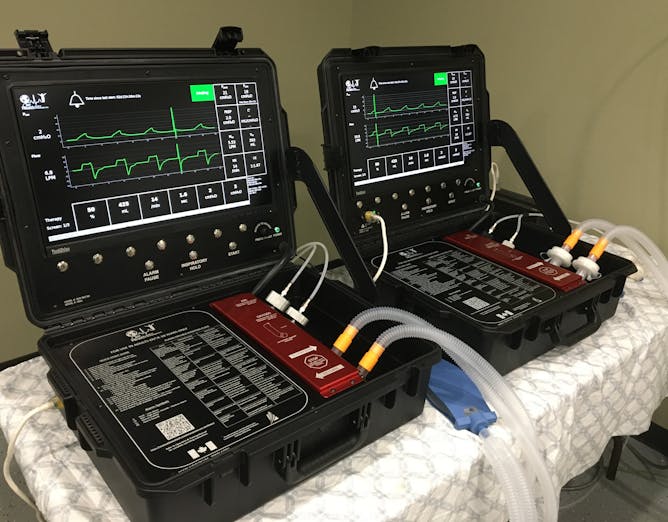
The EUV-SK1, developed by One Health Medical Technologies with subject matter experts from the University of Saskatchewan.
(RMD Engineering, Inc.)
Julia Bettina Montgomery, University of Saskatchewan; Patricia L Farnese, University of Saskatchewan
How a veterinarian and a law professor joined a multidisciplinary team to help produce a made-in-Saskatchewan emergency-use ventilator during the COVID-19 pandemic.
|
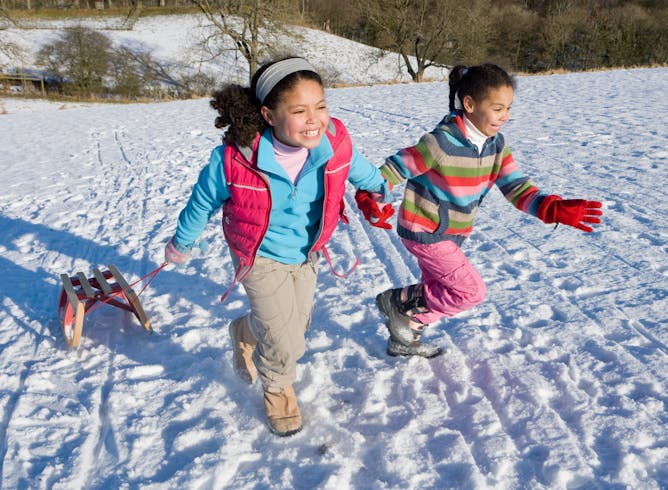
Play is integral to how children process and understand their experiences.
(Shutterstock)
Patrick J Lewis, University of Regina; Whitney Blaisdell, University of Regina
Supporting play begins with parents attending to their own wellness and seeing children as drivers of their own play.
|
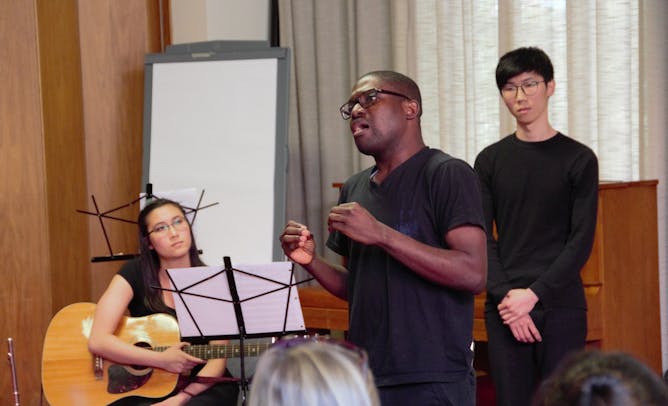
Olivia Wheeler, Taiwo Afolabi and Tianxu Zhao perform a play in honour of UN World Refugee Day, June 20, 2017, at Victoria City Hall.
(John Threfall)
Taiwo Afolabi, University of Regina
Safe spaces for conversations around immigrants’ experiences are important because identity is central to diversity and inclusion in the 21st century. Theatre can be a tool for community engagement.
|
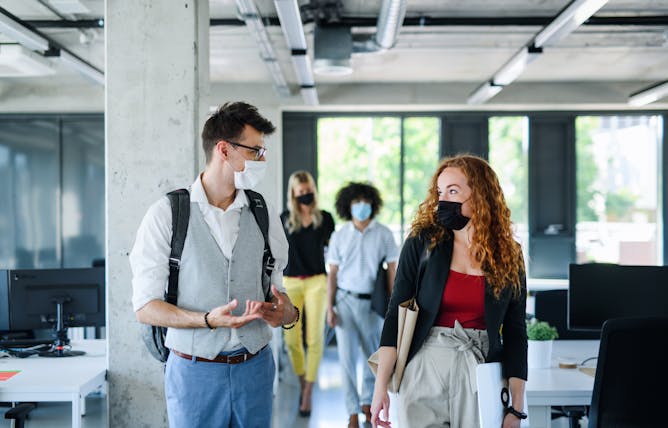
The risk of transmitting COVID-19 is much higher indoors due to proximity to other people and building ventilation systems.
(Shutterstock)
Gabriel Wainer, Carleton University
Studying how SARS-CoV-2, the virus that causes COVID-19, travels through indoor air spaces can help reduce transmission risk.
|
|
|
COVID-19
|
-
William Petri, University of Virginia
With vaccines forthcoming for most Americans, many groups, including expectant mothers, are wondering if the vaccine is safe for them and their babies. A physician-scientist explains.
|
|
Environment + Energy
|
-
Magdalena Lenda, Polish Academy of Sciences; Johannes M H Knops, Xi'an Jiaotong Liverpool University
Our study is the first to research the impact of online misinformation on biological invasions.
|
|